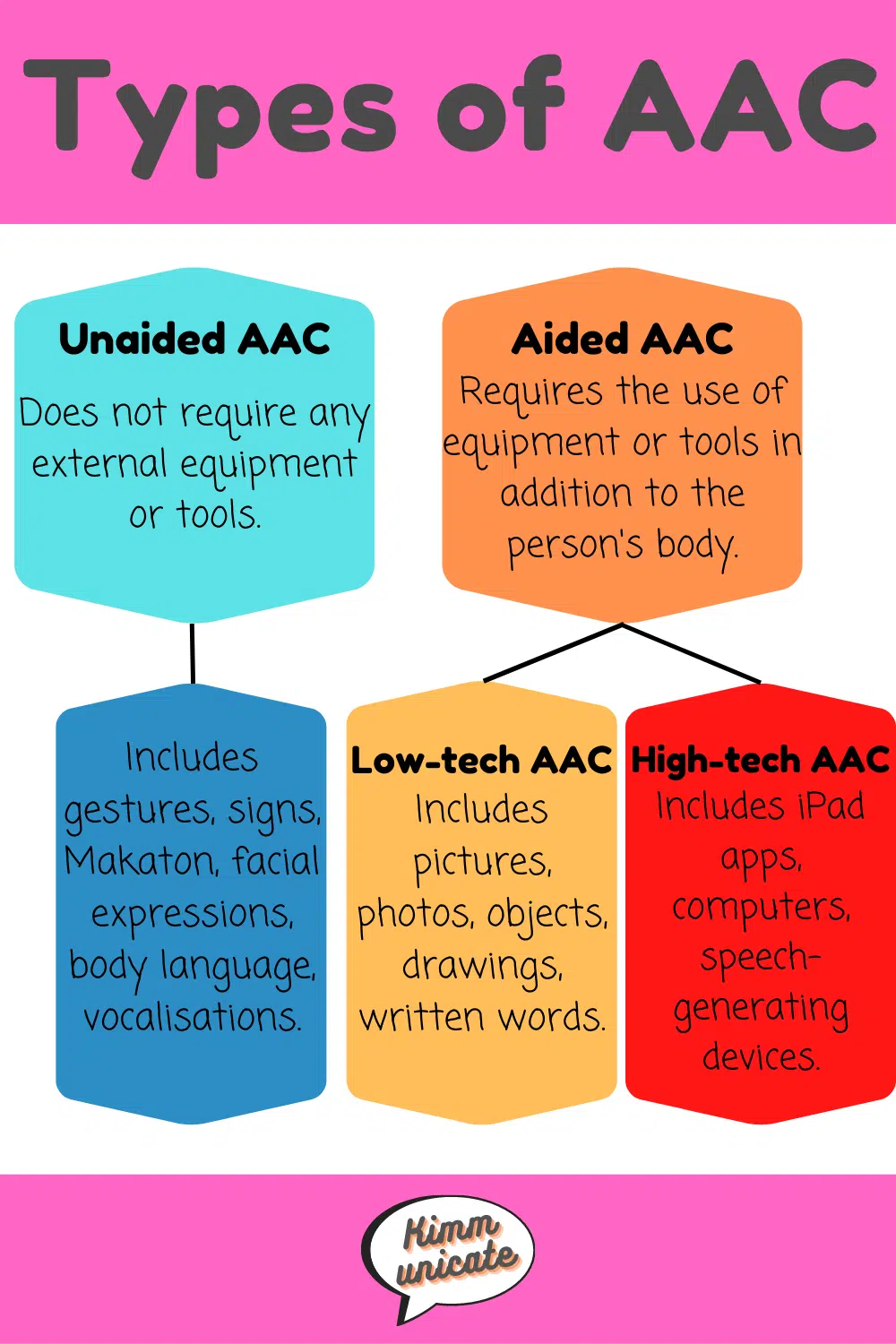Treating Vogt-Koyanagi-Harada Syndrome involves a multidisciplinary approach to managing its various symptoms effectively. Here are some strategies that you can try:
-
- Medication Management: Corticosteroids and immunosuppressive drugs may be prescribed to control inflammation and reduce symptoms.
- Ophthalmologic Care: Regular eye exams with an ophthalmologist can promptly monitor and address vision changes.
- Skin Care: Dermatological consultations can help manage skin pigmentation changes and address any related concerns.
- Hair Care: Working with a hairstylist experienced in hair loss can provide support and practical solutions.
Children with Vogt-Koyanagi-Harada Syndrome can lead fulfilling lives with early diagnosis, consistent medical care, and strong family support. Collaborating with healthcare professionals, using tools like Goally, and maintaining a positive outlook contribute to a better long-term prognosis.














